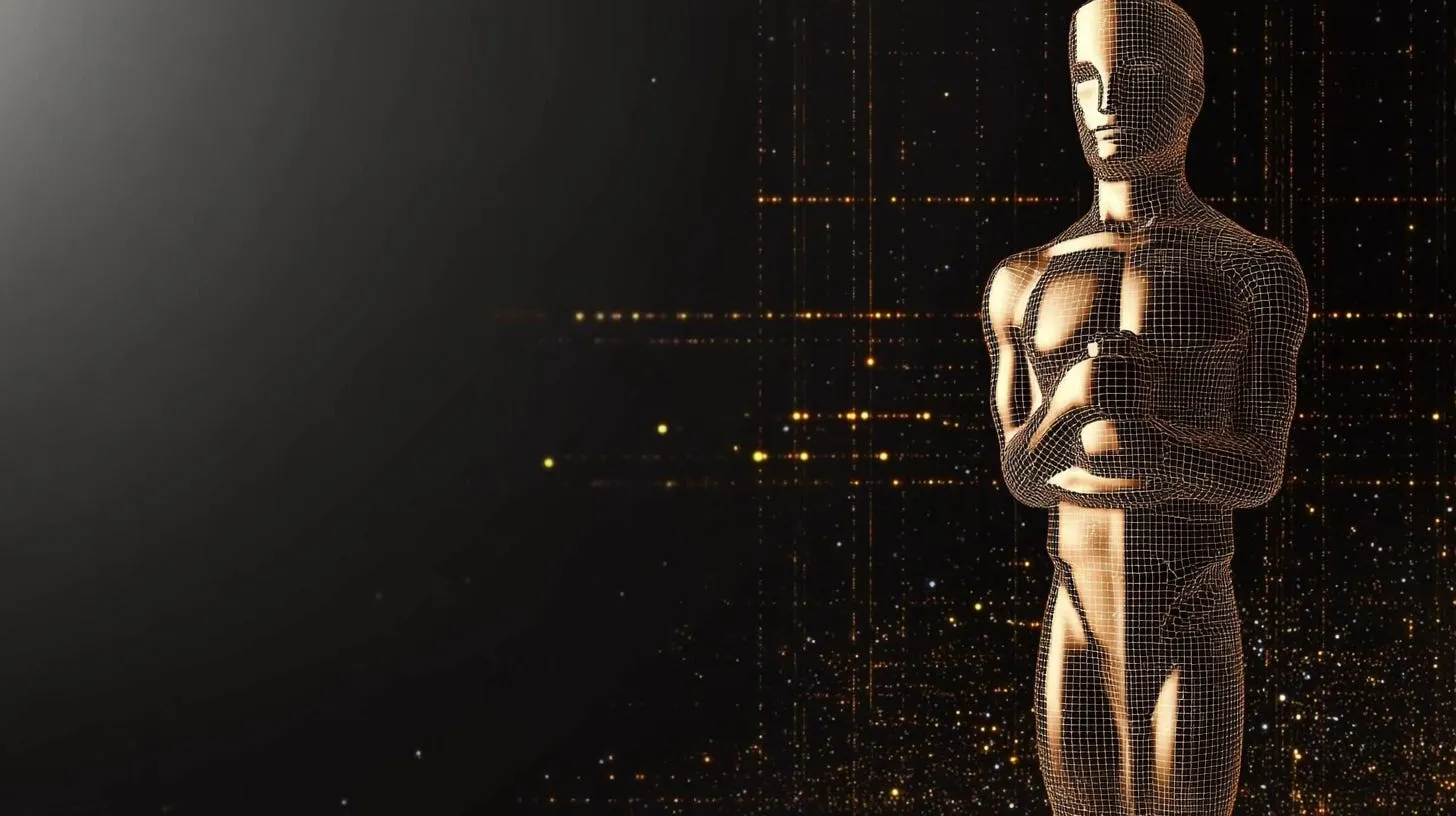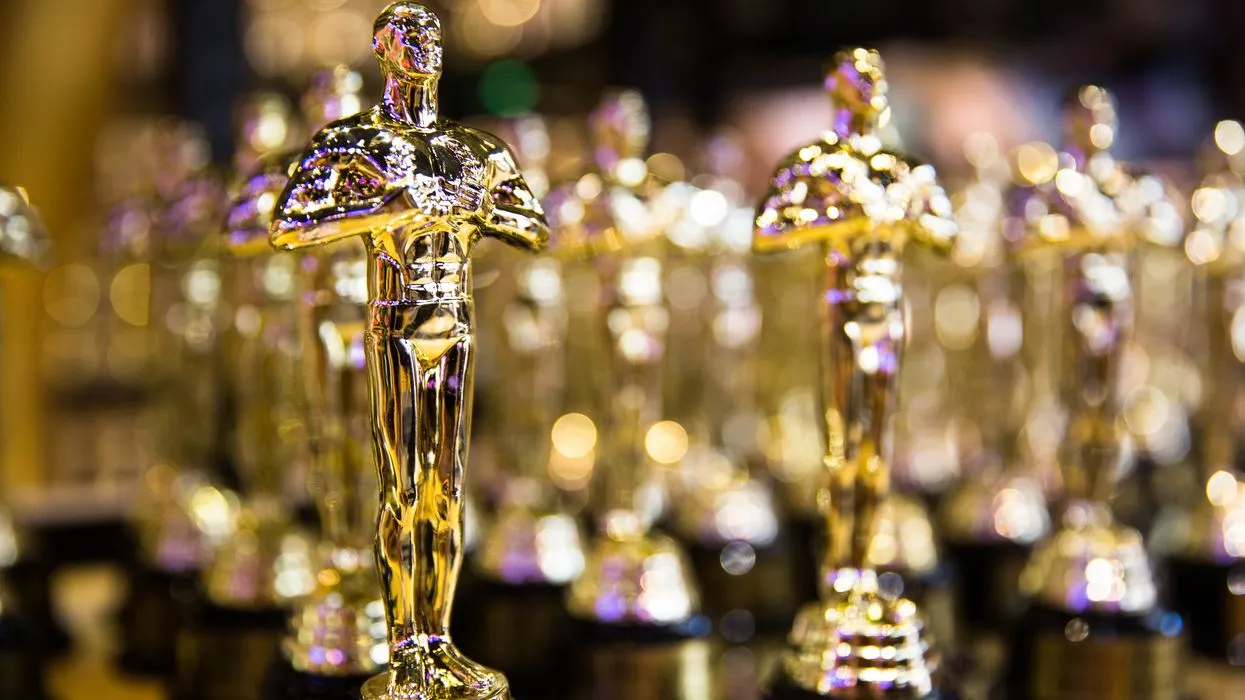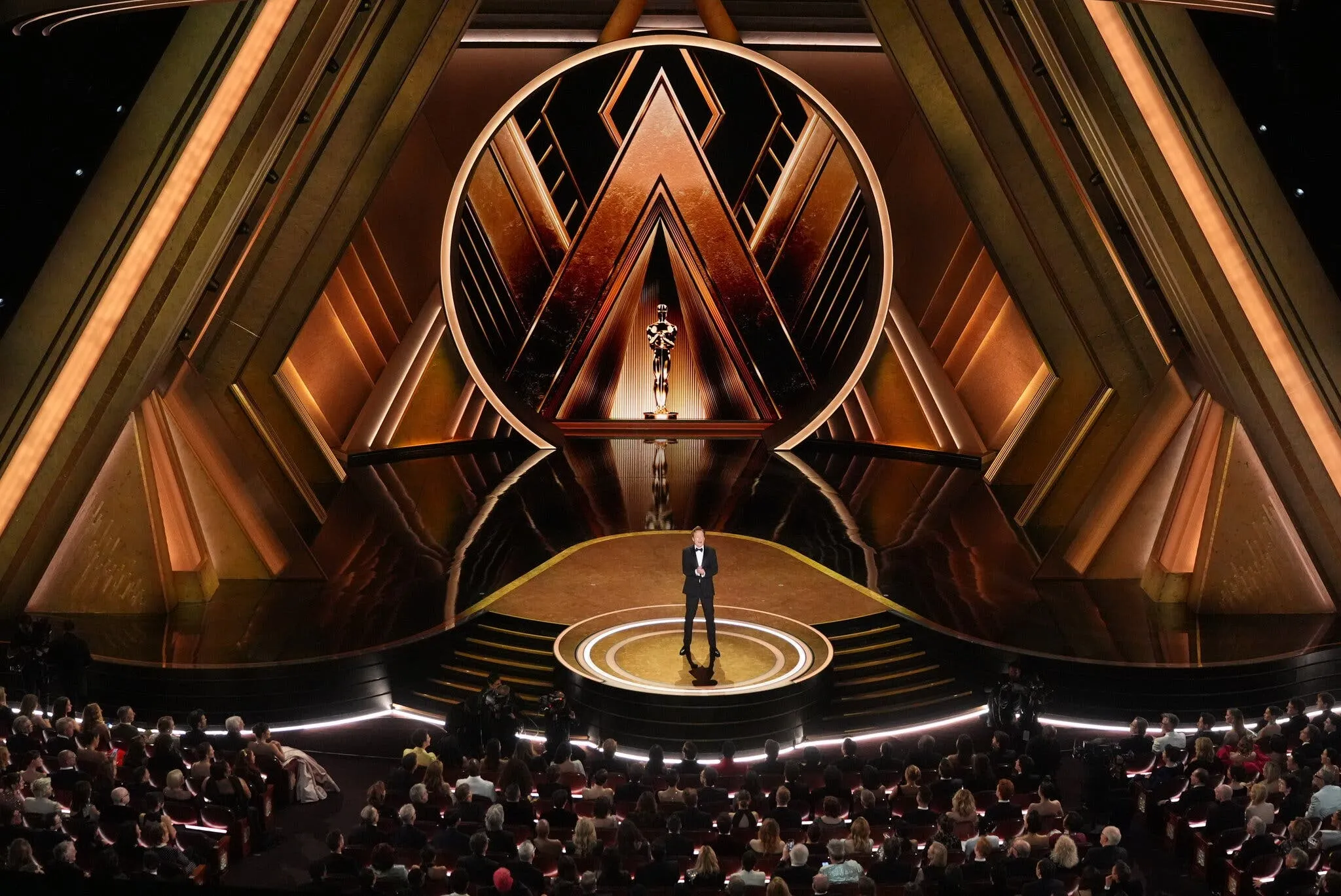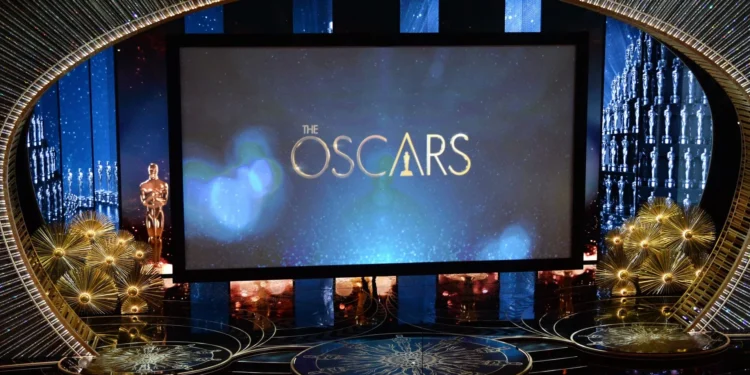In a groundbreaking move that has sparked discussions across Hollywood, the Academy of Motion Picture Arts and Sciences has officially embraced the use of artificial intelligence in the filmmaking process. The announcement, made on Monday, marks a significant shift in the way the prestigious institution views AI’s role in cinema, though with certain caveats that underscore the complexities of integrating this emerging technology into the art of filmmaking.

Oscars Acknowledge AI: A New Era in Hollywood?
For the first time, the Academy has addressed generative artificial intelligence in its official rules for voting and campaigning, signaling a notable departure from traditional methods. In the statement, the Academy clarified that AI tools—along with other digital technologies—would not automatically disqualify a film from being considered for an Oscar nomination. However, the organization made it clear that it still favors films with significant human involvement in the creative process.
The decision comes at a time when AI is rapidly becoming more prevalent in the entertainment industry. From scriptwriting assistants to special effects generation, AI tools are making their mark on everything from pre-production to post-production. However, the idea of a machine potentially taking over key aspects of filmmaking has raised concerns within the creative community about the future of human artistry.
The Academy’s new stance indicates a delicate balancing act, allowing AI tools to be used without completely diminishing the importance of human creativity. In essence, AI will not disqualify a film, but it certainly won’t guarantee a win either.
The Oscars and AI: A Step Toward the Future?
The move reflects the growing influence of AI in Hollywood and other creative industries, with many questioning how these technologies will change the future of art and entertainment. While the Academy’s decision is a clear acknowledgment of AI’s role in the industry, it also highlights the ongoing debate about where to draw the line between human creativity and machine assistance.

In their official statement, the Academy noted that films with “more human involvement” are still favored over those created primarily through AI. This suggests that while AI may be seen as an innovative tool, it is not yet considered a replacement for the human touch that has long been central to the filmmaking process. In this new era, AI may enhance, but not fully replace, the artistry of film.
What Does This Mean for Future Nominations?
The Academy’s updated rules also introduced other significant changes, such as a requirement for voters to watch all nominated films in each category before casting their ballots in the final round. While this is a step toward ensuring a more informed voting process, it raises the question of how the Academy plans to police the rule. Voters will now need to confirm they’ve watched every nominated film, but there’s little that can be done to verify this claim. Nonetheless, this move reflects the Academy’s commitment to transparency and integrity in the voting process.
The integration of AI into the Oscars process will undoubtedly influence the way films are made and considered in the future. As the industry adapts to the increasing use of AI, it will be interesting to see how the Academy responds to future technological advancements and their impact on creativity and storytelling.
The Divisive Role of AI in Filmmaking
Despite the Academy’s new stance, AI remains a divisive topic in the creative ranks of Hollywood. Some filmmakers embrace the technology, seeing it as an exciting opportunity to enhance their work and push the boundaries of creativity. Others, however, view AI as a threat to the integrity of the industry, worried that it could diminish the role of human artists in creating truly unique films.

AI’s potential to disrupt traditional filmmaking processes—whether through scriptwriting, editing, or even acting—has sparked heated debates among industry professionals. For now, the Academy’s cautious embrace of AI reflects a middle ground, acknowledging the technology’s potential while still prioritizing human input in the creative process.
Hollywood’s Future: A Blend of Technology and Tradition
As AI continues to evolve, the film industry will need to find ways to navigate the complex relationship between technology and creativity. The Academy’s decision to allow AI tools in the filmmaking process without fully embracing them signals that Hollywood is entering a new phase—one where technology and tradition must coexist.
While it remains to be seen how AI will impact future Oscars nominations and wins, one thing is clear: the intersection of artificial intelligence and cinema will continue to shape the industry in profound ways. Whether it enhances human creativity or challenges it, AI’s role in filmmaking is here to stay—and the Oscars are just the beginning of this new era.










